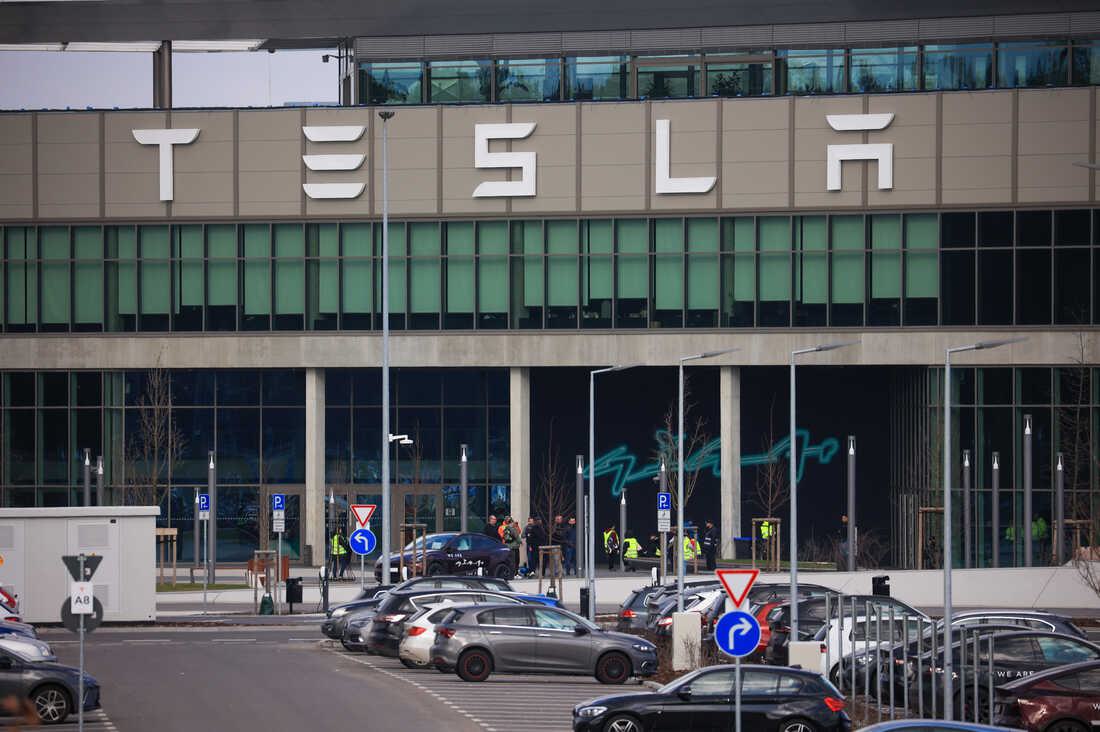Didi And Uber Strikes $35 Billion Deal - Dispatch Weekly
August 2, 2016 - Reading time: 6 minutes

Didi Chuxing is set to buy out Uber Technologies Inc. after fierce competition between the Chinese taxi transportation network and Uber, allowing Uber’s expansion to other markets, particularly India.
The two technological transportation giants fought to dominate China’s ride-hailing market. The unexpected trans-Atlantic deal was struck after Uber had lost $2 billion over the two years it was there, resulting in investors pressuring them to negotiate with China.
Uber’s success in the West, primarily the US, Canada and UK has overshadowed its failure to capture China’s market. In 2013 Uber’s net revenue in the first and second quarters was £32 million, with £72 million for the second half of the year, equating to a total of $104 million.

However, according to Gawker documents, whilst profits have been increasing there is also an increase in losses. Biddle estimated losses of $15 million in the first half of 2013.
To remain competitive in International markets such as China and India, Uber has promoted Uber Pool, the carpooling service. This has not been enough as the massive losses in China, which has affected Uber’s potential IPO.
The Deal
Didi will invest $1 billion in Uber’s global company. After the deal Didi will be worth $35 billion compared to Uber’s $68 billion.
Two sources told Economic Times that they believed Didi Chuxing and Uber may have signed a non-compete agreement for international markets.
“It is likely that a clause for Didi to not compete with Uber in markets outside China or not finance any competition further is a part of the deal.”
Tech insiders saw Uber’s failure to capture China’s market as a huge failure, allowing rival Didi Chuxing to remove the US rival from China.
However on closer inspection the merger proves beneficial to both parties. Uber can end the costly $1 billion a year investment in China, for an estimated 20 percent stake in Didi, the Chinese transportation app worth $35 billion.

Importance
Li Zijian, senior director for international strategy at Didi said that China’s new regulations, legalising Uber and Didi from November as well as the deal will allow Didi’s business to grow, with Uber being its largest shareholder. According to reports, Didi will in turn, invest £1 billion in Uber’s global equity.
Uber can also focus on driving more profits in marketable countries, losing others such as India. The Uber-Didi deal has made international transportation businesses nervous.
Ola (India), Didi (China), GrabTaxi (Singapore) and Lyft (US) agreed to take on the giant Uber, from dominating the marketplace. Didi invested $500 million funding Ola, India’s largest cab-hailing service, making it awkward for Didi and Ola, since priorities have shifted for the Chinese company in light of the new deal.
This alliance, which shared technology and customers, is questionable although Didi has said in a statement that it “will continue to work with global partners in connecting local resources to create the best possible cross-border ridesharing experience for their users.

Implications
Ola has continued to battle Uber, but the Uber-Didi deal offers two options: either Uber tries to take over the India market independently or it strikes a similar deal to China.
Kashyap Deorah, author of The Golden Tap said, “Didi has achieved the purpose of winning the monopoly in China. In India, Uber will win because of free/open market dynamics, though overall urban transport market will remain fragmented.”
Outcomes
Many have questioned how the Uber-Didi deal will affect India. Many have predicted an Ola-Uber war whilst others have looked towards a similar merger.
Uber is the latest Western company, along with Facebook, Twitter, Amazon and Google, to be humbled by the Chinese market. Yet, in India the companies such as Amazon have thrived. Insiders predict that Uber will aggressively expand the Indian market, now they have cut their losses with China.
With the Uber-Didi deal, the alliance between Didi and Ola questionable. Furthermore, many have emphasized that Uber’s foreign dominance is adversely affecting smaller domestic startups.
Sharad Sharma, co-founder of product software think-tank iSPIRT, said, “We need to address this bias and create a level-playing field for domestic startups.”

DW Staff
David Lintott is the Editor-in-Chief, leading our team of talented freelance journalists. He specializes in covering culture, sport, and society. Originally from the decaying seaside town of Eastbourne, he attributes his insightful world-weariness to his roots in this unique setting.




